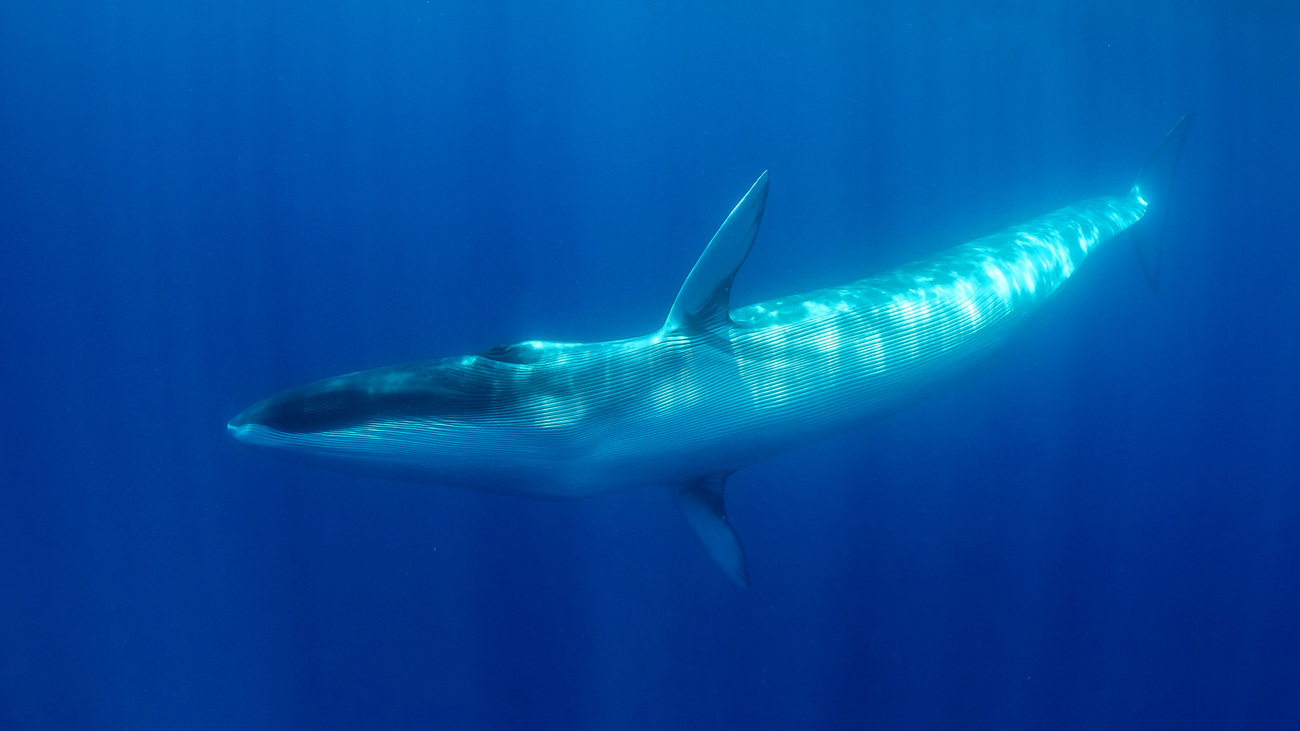Commercial Whaling Opposition - Global
We’re shifting the global mindset and protecting whales for the futureWhale Sanctuary harpooned, Japan rebuked at Whaling Commission meeting
Whale Sanctuary harpooned, Japan rebuked at Whaling Commission meeting

(Lima, Peru – 26 September, 2024) – Plans to establish a South Atlantic Whale Sanctuary again failed due to opposition from a pro-whaling minority of nations at a meeting of the International Whaling Commission (IWC) taking place in Lima, Peru this week.
The proposal, put forward by Argentina, Brazil, South Africa and Uruguay, received strong support from conservation-minded governments but failed to achieve the necessary three-quarters majority for adoption (40 for, 14 against and 3 abstentions). A proposal for a sanctuary in the region, which would put the South Atlantic permanently off limits for whaling and enhance regional cooperation, has been considered at almost every IWC meeting since 1999 but has always been blocked by pro-whaling nations.
Matt Collis, Senior Director for Policy, leading IFAW’s delegation at the IWC meeting, said: “Once again, a proposal for a South Atlantic Whale Sanctuary has been harpooned by a pro-whaling minority of countries.”
However, the IWC did pass a resolution reprimanding Japan for its failure to fulfil its international legal obligations regarding the recent expansion of its commercial whaling.
“This rebuke by the whaling commission is a diplomatic shot across the bow of Japan’s continued whaling,” said Collis.
Japan this year added 59 fin whales to its kill list, in addition to its existing annual quota of 25 sei whales, 187 Bryde’s whales, and 142 minke whales in its waters. Fin whales are the second largest animal on the planet after the blue whale and remain threatened with extinction (classified as Vulnerable on the IUCN Red List) following decades of commercial whaling in the 20th century from which fin whales are still recovering.
Despite having withdrawn from the IWC in 2019, Japan has a legal duty under the UN Convention on the Law of the Sea (UNCLOS) to cooperate with the IWC. Japan did not alert the IWC to its plans to expand its whaling activities earlier this year, despite ample opportunities, including at the IWC Scientific Committee which met shortly before Japan confirmed the expansion of its whaling activities.
The strong resolution addressing commercial whaling is the first from the IWC since 2001 and demonstrates the strength of feeling over Japan’s expansion of its whaling activities.
“Leaving the IWC did not relieve Japan of its international legal obligations. IFAW urges Japan to join the rest of the international community and consign commercial whaling to the history books where it belongs,” said Collis.
The resolution, proposed by the EU and its Member States and requiring a simple majority to pass, received 37 votes in favour, 12 against, and 8 abstentions.
Pro-whaling nations remain intent on trying to wind back the whaling ban, as evidenced by them once again submitting a resolution to start a process to end the moratorium at this meeting. This resolution, and one alleging hunting whales could solve food security, were earlier withdrawn after failing to find support.
The meeting also passed by consensus two further resolutions proposed by the EU and its member states, urging closer cooperation with other international agreements, including the new CBD Global Biodiversity Framework and the new High Seas Treaty (or BBNJ Agreement).
IFAW opposes commercial whaling because it is cruel and unnecessary; there is simply no humane way to kill a whale. Responsible whale watching offers a humane and economically viable alternative that is better for whales and provides more sustainable livelihoods for people.
Related content
Our work can’t get done without you. Please give what you can to help animals thrive.